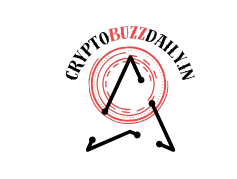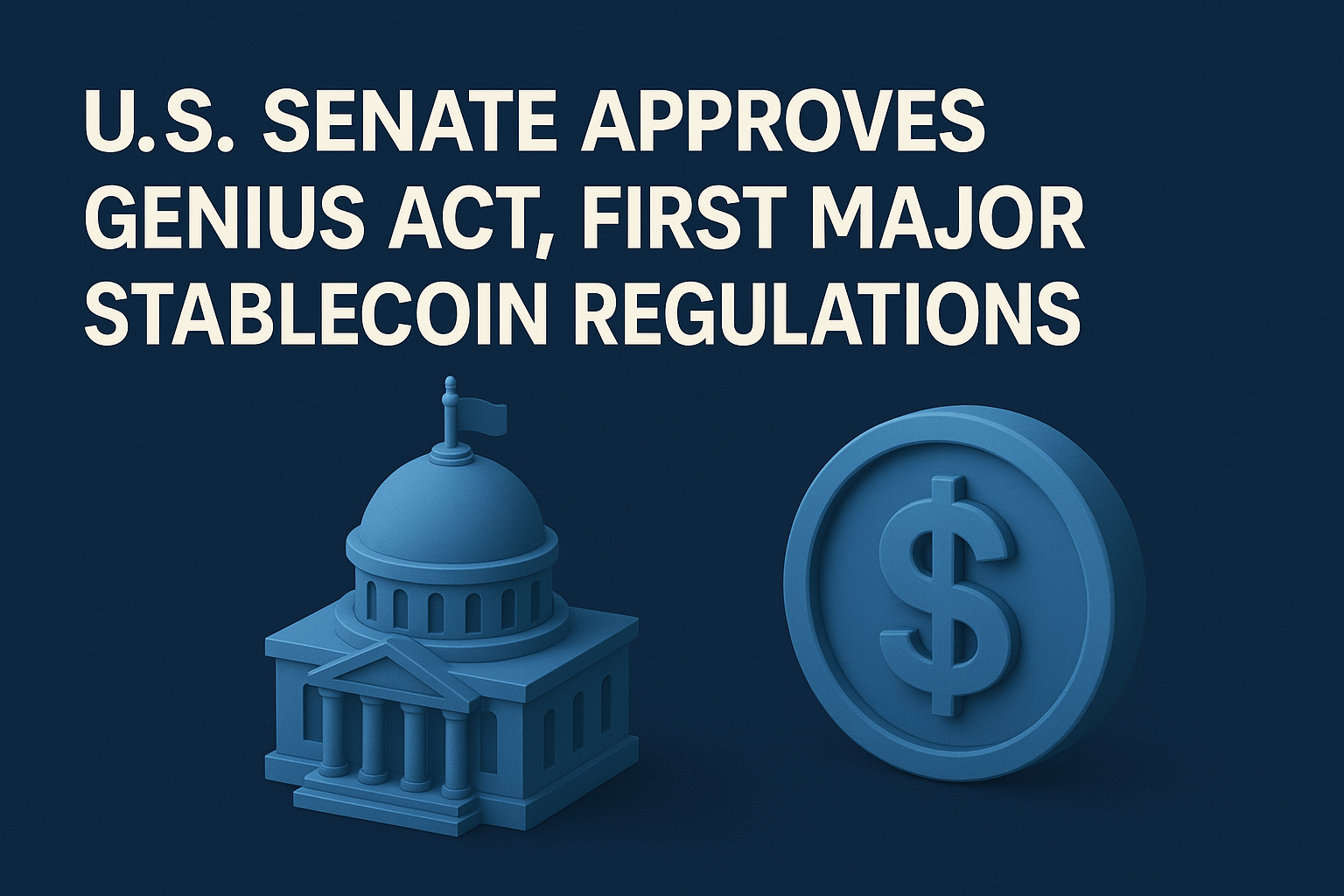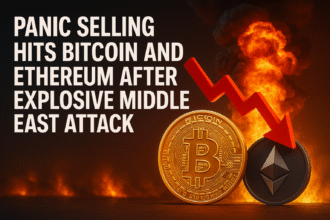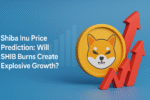Nearly half of bettors on Polymarket, a decentralized prediction platform, now believe the United States will enter a recession in 2025—a significant shift in sentiment that follows the unveiling of former President Donald Trump’s aggressive new tariff policies.
Recession Odds Climb Sharply
According to a poll launched in January on Polymarket, 47% of participants as of April 3 are forecasting an economic recession within the year. That’s more than double the 20% odds recorded at the start of the year, and a sharp jump from 33% just last week on March 28.
The surge in bearish sentiment coincides with the announcement of Trump’s “Liberation Day” tariff initiative—a sweeping set of trade restrictions that sent global markets into turmoil.
Trump’s Tariffs Rattle Markets and Spark Economic Concerns
During a fiery speech on April 2 from the White House Rose Garden, Trump defended the policy as a way to protect American manufacturing and labor:
“For decades, our country has been looted, pillaged, raped and plundered by nations near and far – both friend and foe alike,” Trump said. “Our steel workers, auto workers, farmers, and skilled craftsmen have suffered gravely.”
While Trump touted the tariffs as a shield for domestic industries, economists and investors quickly raised red flags about the broader economic fallout.
Market Meltdown and Consumer Impact
The market reaction was immediate and severe. On Thursday:
- The Dow Jones Industrial Average plunged 1,300 points
- The Nasdaq fell over 4%
- The S&P 500 dropped more than 3%
The financial shockwave was felt globally, with analysts warning that these policies could disrupt trade, increase production costs, and slow economic growth.
A report from The Budget Lab at Yale University estimates that American households could see their expenses rise by $2,700 to $3,400 annually due to the tariffs, primarily through higher prices on imported goods and raw materials.
Tariff Gamble or Economic Risk?
Despite the criticism, Trump remains firm in his belief that the policy will trigger a manufacturing revival—even if it comes at a short-term cost to American consumers.
But with recession probabilities now nearing 50% among Polymarket users, it’s clear that many believe the economic risk is very real.
Whether the tariffs achieve their intended effect—or lead to a deeper economic slump—remains to be seen. For now, the markets are jittery, and the fear of a looming recession continues to grow.










